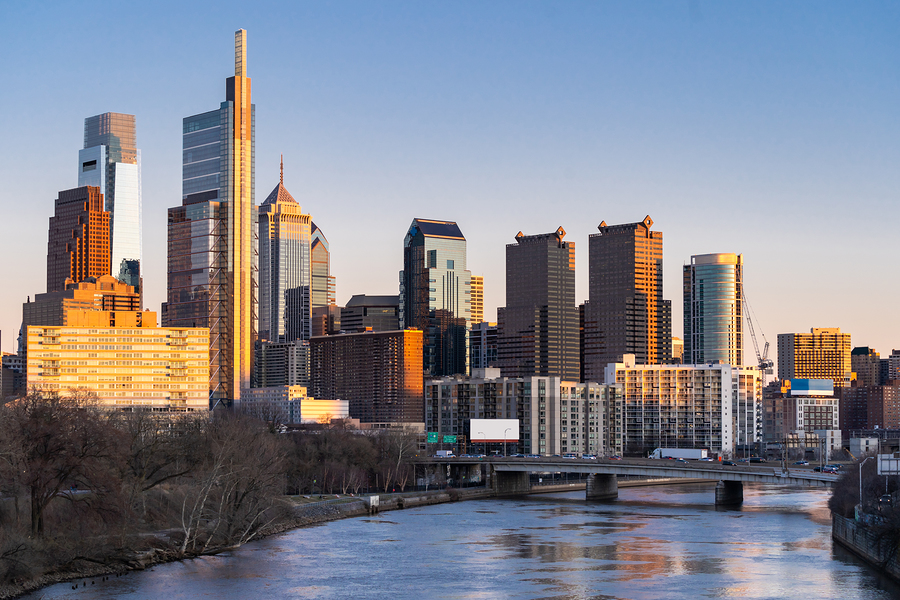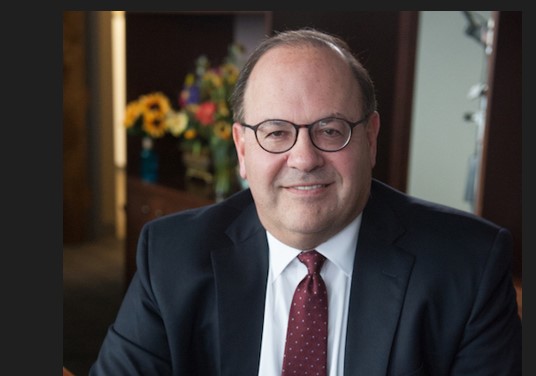GIORDANO: Next Mayor’s Race Is An Inflection Point for Philly

I hosted six Democrats and one Republican running for Philadelphia mayor on Talk Radio 1210 last week. A listener from Delaware County tweeted at me, “Totally awesome format! I am not a resident of Philadelphia, but I live in DELCO, so what happens there affects me.”
Public safety was the key issue that I raised with the candidates. If you live in the suburbs but work or play in Philadelphia, you want to feel safe when you visit the city. Under the current administration and District Attorney Larry Krasner, no sane person feels safe.
Maybe, more importantly, the lawlessness in Philadelphia is bleeding into the suburbs. Abington Police Chief Pat Molloy is often on my show. He tells me that since the Philadelphia City Council, supported by Mayor Jim Kenney, passed the Driving Equality bill, Abington officers are making many more car stops for vehicles with no registration and often with illegal guns and drugs.
The premise of the bill is that cops can’t be expected to stop people of color for motor vehicle violations relatively. Therefore, for a significant number of violations, they are to write down the license plate information and send a ticket in the mail. A mayor concerned with public safety would veto a bill like this.
A Philadelphia mayor concerned with public safety would also remove Philadelphia Police Commissioner Danielle Outlaw from her position.
Outlaw was hired because Kenney promised to put a Black woman in that position. I don’t see any clear plan from Outlaw to turn things around, and according to several sources, the morale in the police department is very low.
Only Democratic candidates Derek Green and Jeff Brown said they would remove Outlaw, and Republican David Oh would replace her with a former or current member of the Philadelphia Police Department. Allan Domb told me he believes Kenney tied Outlaw’s hands. On a very positive note, a candidate said to me off the record that former Philadelphia Police Commissioner Charles Ramsay would be in charge of public safety if that candidate were elected. That would be a tremendous development.
My biggest disappointment was that the candidates did not seem energized by my argument that Philadelphia needs at least a thousand more cops, and the current police salaries are not moving the needle. I argued that we need to increase wages a great deal more but also need to develop a campaign using athletes, celebs, influencers, etc., to say that being a cop is a great, noble profession.
This problem of recruiting cops is not just confined to Philadelphia. David Kennedy, president of the Pennsylvania State Troopers Association, wrote in the Pittsburg Tribune that when he applied to be a state trooper in 1995, he had to compete for the position with 10,000 applicants. Last year he reported that last year the Pennsylvania State Police had only 1,000 applicants.
I don’t recall any widespread issues with the state police, but it indicates progressive critics’ tarnishing of the profession. This trend cannot continue without putting every citizen at risk.
I’m still hopeful that even though I say deficiencies in the candidates, every one of them would protect Philadelphia better than Jim Kenney. The candidates in descending order that I trust the most to get a handle on crime are David Oh, Allan Domb, Cherelle Parker, and Amen Brown.
Former Councilperson Helen Gym declined to respond to our invitation. If she is elected mayor, Philadelphia will become more lawless and violent. The phrase “inflection point” is often overused, but this mayor’s race result is clearly an inflection point.
Please follow DVJournal on social media: Twitter@DVJournal or Facebook.com/DelawareValleyJournal



